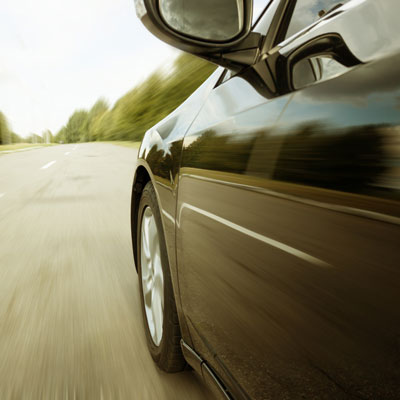If you’re injured in a car accident, you can usually claim compensation for personal injury against the other driver’s CTP insurance. But what happens if that driver is underaged or unlicensed?
Studies show that unlicensed or unregistered drivers are more likely to be involved in car accidents, particularly fatal crashes. So it’s important to know your next steps if you’re in this situation.

Are unlicensed drivers automatically at fault?
If you’re in a car accident with an unlicensed or underaged driver, they’re not automatically considered ‘at fault’. If you’re responsible for causing the accident, you’ll be liable for any damage to their vehicle and compensation for personal injury.
However, driving without a licence is illegal. If you believe the other driver doesn’t have a licence, contact the police who can decide whether to attend the scene.
If the driver is unlicensed but registered
Unlicensed and underaged doesn’t necessarily mean uninsured. Every car owner must have comprehensive third party (CTP) insurance. This is linked to the vehicle’s registration.
So, no matter who the driver is, CTP insurance will pay out if you’re injured in a car accident with a registered vehicle.
Even if the at-fault driver is unlicensed or underaged, CTP can cover hospital expenses, rehabilitation, lost income and long-term care.
If the driver is unregistered
If the unlicensed or underaged driver is operating an unregistered vehicle, you won’t be able to claim compensation for injury through their CTP. Instead, you can claim through the Nominal Defendant, a statutory body that provides compensation for people injured in car accidents by uninsured or unidentified drivers.
In Queensland, the Nominal Defendant is the Motor Accident Insurance Commission. In NSW, it’s the State Insurance Regulatory Authority.
If you sustain a very serious injury, you might be eligible for lifetime treatment, care and support through the National Injury Insurance Scheme. This is no-fault cover for catastrophic injuries from motor accidents.
What about vehicle damage?
Unlicensed and underaged drivers are less likely to have insurance to cover damage to other vehicles and property. Even if their vehicle is insured, the insurer is unlikely to pay an illegal driver’s liability for property damage.
So an uninsured at-fault driver must pay any liability for property damage themselves. Obviously, recovering this money could be difficult if they don’t have the funds.
If you have comprehensive car insurance, you can cover your own vehicle damage. Your insurer will usually pay for it upfront and then try to recover the money from the other driver.
If your car is stolen and crashed by an underage driver
In Australia, a car is stolen every 12 minutes. So it’s important to have insurance to cover you if your car is stolen and crashed by an underaged driver.
CTP insurance will cover personal injury to anyone the driver injures in the crash. If the driver was committing an illegal act (i.e. underaged), the CTP insurer might try to recover those funds from the driver.
If your insurance policy covers theft, you can make an insurance claim if your car is stolen and crashed. This will pay for repairs if your car is damaged but not destroyed, and pay for a new car if it’s written off.
What to do next
Car accidents are all too common these days, but dealing with an underaged or unlicensed (and potentially uninsured) driver makes things more complex.
Our experienced car accident lawyers can help you figure out your next steps in getting the compensation you need to recover from your injury. Contact Main Lawyers for a no-obligation discussion today!



